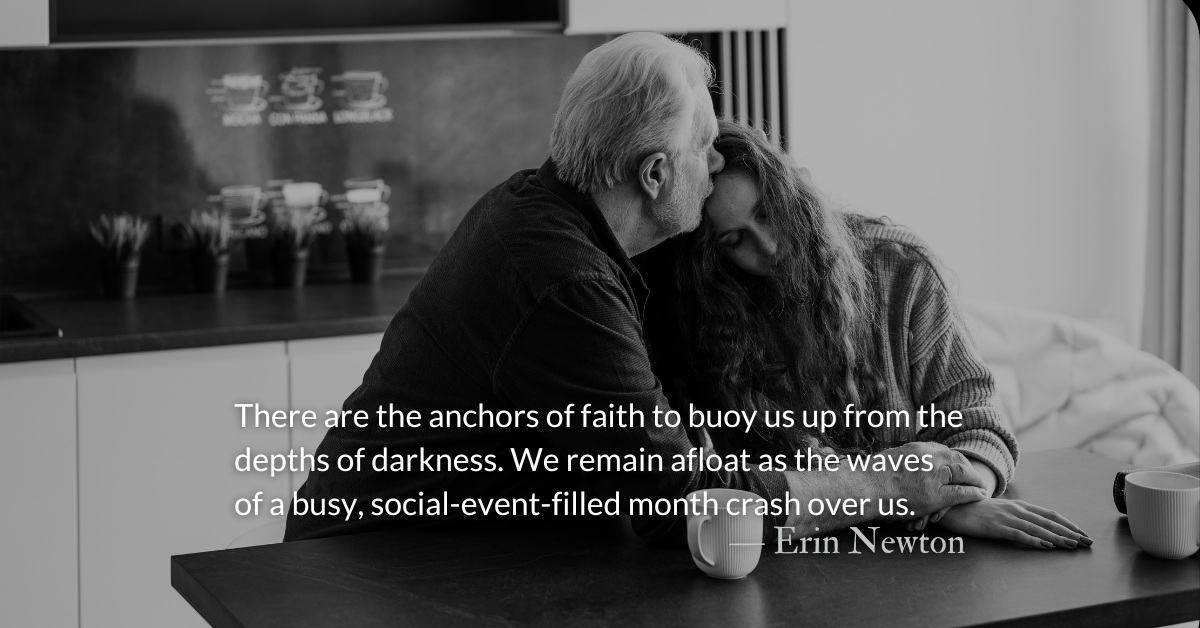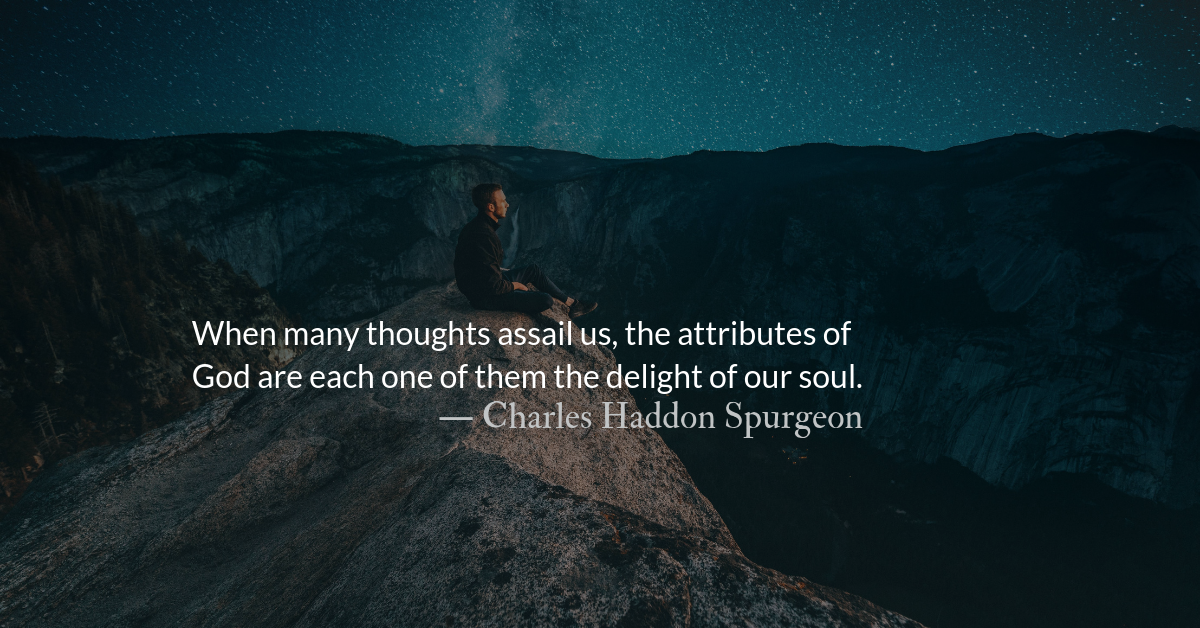Scripture Focus: Psalm 94:17
17 Unless the Lord had given me help,
I would soon have dwelt in the silence of death.
Reflection: Holidays and Death’s Silence
By Erin Newton
“What is there really to be thankful for this year?” I sat outside with my dad talking about the upcoming holidays. This is our first major holiday without my mom and there is the painful silence of her absence.
Holidays have all the promises of cheer and merriment as well as the oppressive weight of forced happiness and performative joy. Another friend lamented, “I feel rushed and unable to enjoy the season.” We all feel some sort of pressure from outside circumstances or inward expectations.
Psalm 94 would not be a text you would choose for Thanksgiving and the beginning of Advent. It is a plea for God to enact justice against the wicked. The cry is to God as judge and avenger. But the psalmist’s foot is slipping. Life has become perilous. Anxiety sets in.
In many ways Psalm 94 is a perfect choice for this season. International wars rage around us. Family battles seem no less destructive. Undeserved suffering continues to plague our everyday life.
The Psalmist says, “Unless the Lord had given me help…” The recognition of crises, trauma, grief, pain, hopelessness, and our weakness to remedy it is important. In the same way I have been asked how I manage continuing school or writing or hosting Bible studies in the midst of the never-ending grief. My heart responds, “If it had not been for…,” and I continue with some truth that has anchored me in this turbulent time.
If it had not been for the truth of heaven, I would have dwelt in the silence of death.
If it had not been for the psalms of lament, I would have dwelt in the silence of death.
If it had not been for the hand of Jesus ministering through the hands of a friend who sits quietly next to me as I cry, I would have dwelt in the silence of death.
There are the anchors of faith to buoy us up from the depths of darkness. We remain in the waters, tossing and drifting at sea. But we remain afloat, perhaps just in survival mode as the waves of a busy, social-event-filled month crash over us.
Let us take a moment to consider how God supports us by his unfailing love (v. 18) and gives us joy through his consolation (v. 19). Meditate on how you would finish the phrase, “If it had not been for…”
Divine Hours Prayer: The Call to Prayer
Search for the Lord and his strength; continually seek his face. — Psalm 105.4
– From The Divine Hours: Prayers for Summertime by Phyllis Tickle.
Today’s Readings
1 Chronicles 19-20 (Listen 5:02)
Psalms 94 (Listen 2:08)
Today’s Readings
1 Chronicles 21 (Listen 5:03) Psalms 95-96 (Listen 2:37)
1 Chronicles 22 (Listen 3:25) Psalms 97-98 (Listen 2:19)
Read more about Edge of the Abyss
The abyss of despair is like the watery depths of the ocean…The feeling is crushing—helpless, hopeless, vulnerable.
Read more about Supporting Our Work
Our ad-free content is not free to produce. It is supported by donors who help us bring biblical devotionals to inboxes across the world. Consider becoming a donor today.









